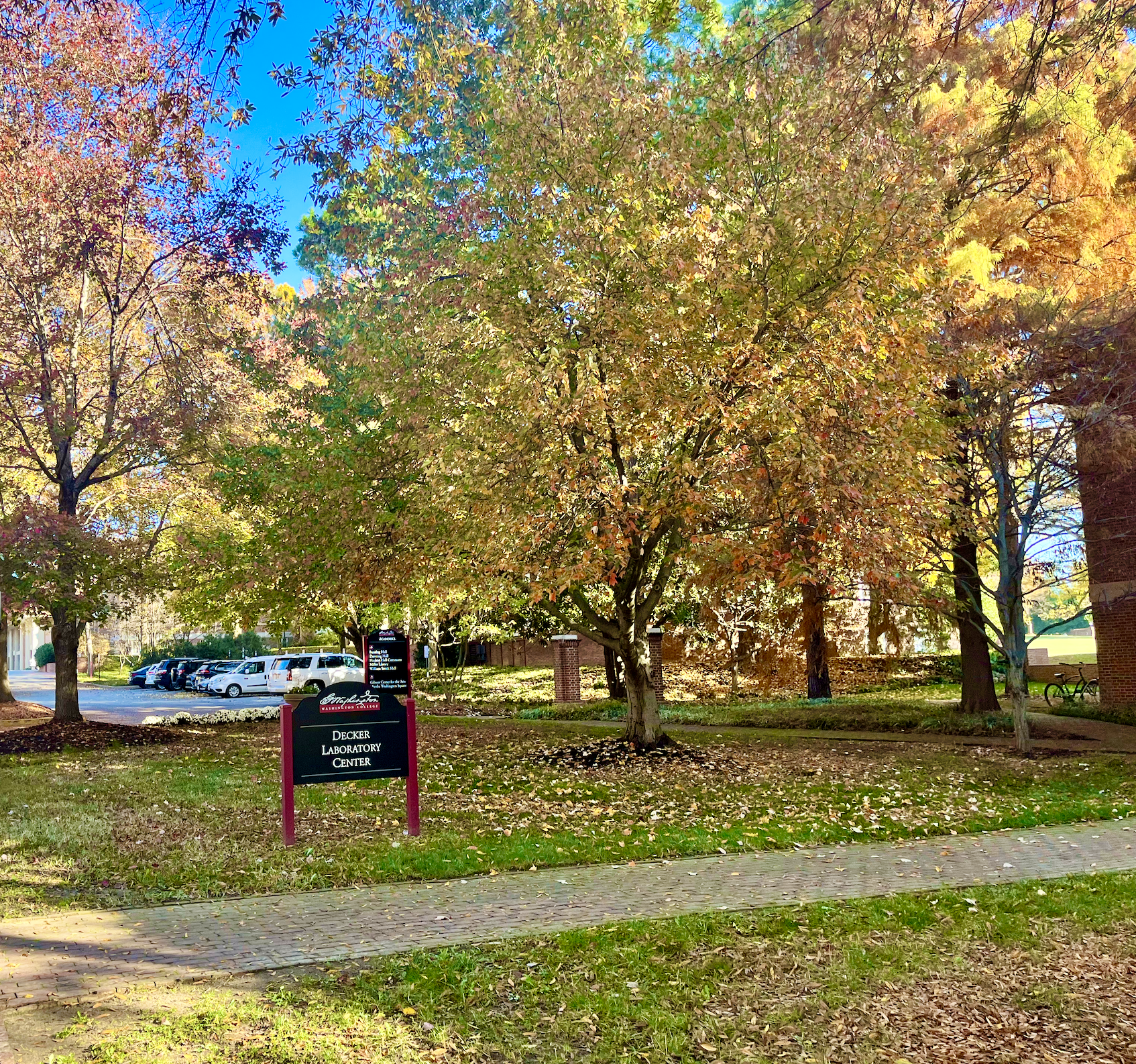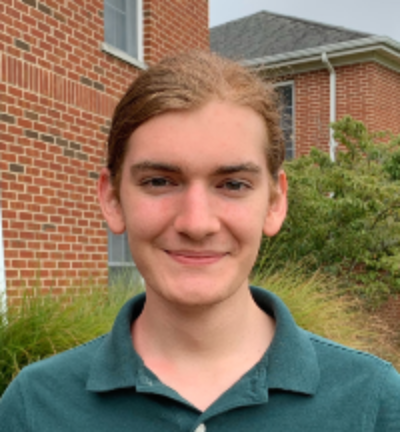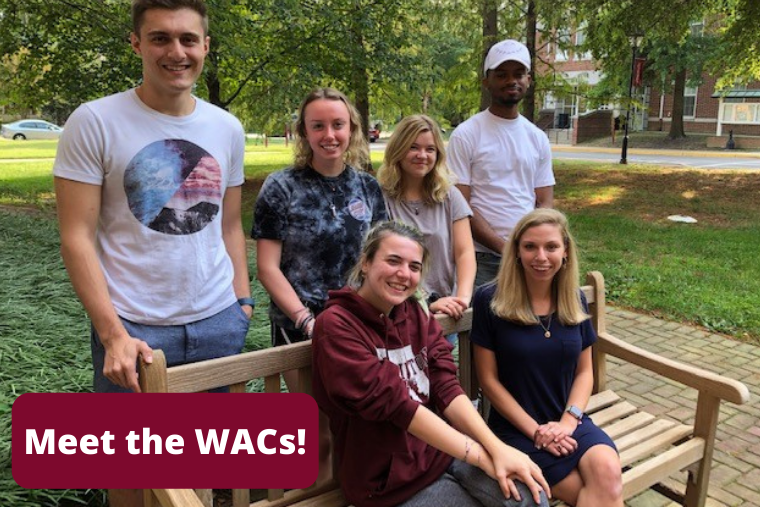

Internships
Students can earn credit while gaining valuable experience. Nearly half of all Psychology majors (and 80% of Clinical Counseling Concentrators) complete at least one internship.
- Regular partnerships with local private schools allow interns the chance to help young people meet their potential. Psychology interns can assist special education teachers in classrooms, play a role in social skills training, coach students to develop cognitive skills, and work with speech-language therapists.
- Some interns work as summer camp counselors with the goal of addressing behavioral, emotional and intellectual challenges across the lifespan. Interns develop and lead activities while applying principles of behavioral management.
- Working at inpatient and outpatient facilities for the treatment of psychological disorders, interns gain an array of traditional clinical skills. Common responsibilities are interacting with clients, observing intake appointments, co-leading therapeutic/activity groups, and helping write behavioral notes.
- Additional psychology internships are available in guidance counseling, human resources, career counseling, preschool instruction/care, adult medical daycare, occupational therapy, school psychology, and health psychology/athletic training.
Make connections from the classroom to real-world
Explore what it is like to work in a certain setting or with a particular population
Gain valuable field experience, which bolsters your resume and enhances your chances of graduate school admission
Build confidence and a sense of professional identity
Strengthen communication and problem-solving skills
Develop a deeper understanding of various aspects of Psychology
There are two sections of Psychology Internship (PSY 490): a wellness section and a community section.
Students cannot sign up for PSY 490 through Self Service. Advance planning is needed to make sure there is a placement that fits for you and that provides you with a meaningful learning experience. Contact Professor Littlefield if you are interested in an on-campus internship (Wellness Advocacy Coaching; Social Media) or an off-campus community placement.
- Wellness Internships: The Wellness Internship class is a 2-credit, on-campus placement that is offered each
fall and spring. It includes the Social Media Interns and the Wellness Advocacy Coaches.
(See descriptions under the “3 Main Types of Internships.”) It is not uncommon for
students to repeat this offering in successive semesters up to the maximum allowable
amount of 8 internship credits.
The student list for Wellness Internships is by permission only. Prior to the course registration period, interested junior and senior students can contact Professor Littlefield regarding their interest in this course. Sophomores may occasionally be considered as well. Dr. Littlefield submits the final student list directly to the Registrar’s Office. - Community Internships: This internship course can be worth either 2 credits (for 70 hours/semester) or 4
credits (for 140 hours/semester) and includes all interns who are placed in the community.
Community interns are students who are matched with a site or find a site to complete
off-campus hours under the direction of a supervisor who works at the facility of
choice.
Each spring, community interns in their first internship placement meet weekly as a group, and each intern earns a letter grade for their combined classroom work and off-campus hours.
Each summer and fall, community interns are paired with a Washington College faculty mentor (in addition to their onsite supervisor) and their work is graded on a pass/fail basis. Typically, summer interns are living too far away for face-to-face meetings. As a general rule, fall interns are enrolled in their second or third internship placement.
Registration steps for community internships:
1) Locate a place you want to intern. Refer to “Common psychology internship sites” for ideas. Other ways to locate internships are through personal connections or by visiting the Center for Career Development to learn about broader possibilities.
2) Share your ideas with Dr. Littlefield to be sure that the experience you are seeking can count for Psychology Internship credit. If it is not a regular placement, we will need obtain information about what your role(s) would be as an intern and secure contact information for your likely onsite supervisor.
3) You will typically interview with your potential onsite supervisor and/or take a tour of the facility to ensure the match is a good one for all parties.
4) Once you secure a placement that you think is a good match for your interests and will allow you enough hours to meet course requirements, the registration process begins by signing up for the experience in Handshake.
5) Complete any requirements for your specific site, such as medical tests and background checks, as soon as possible. Also, follow-up to check that you are registered for the course before the semester starts.
- Chestertown Physical Therapy Services Inc.
- Early Childhood Learning Centers (various locations)
- Garnett Elementary School (working with children who need extra support)
- Kent County Adult Medical Daycare
- Psychiatric day programs, such as Arundel Lodge, Inc. and Crossroads Community Center.
- Radcliffe Creek School (special education)
- Sheppard Pratt Hospital (various wards)
- Speech language pathology, school psychology, and occupational therapy work at various locations
- Summer camps and training for the behaviorally disturbed, such as ABA2Day Behavior Services, Easterseals Camp Fairlee, Camp Ramapo, and Camp Wediko.
- Survivor advocacy and support, such as For All Seasons and TurnAround
- Wye River Upper School (group social skills training with high schoolers)
Internship Spotlight

Placement: Kent County Adult Medical Daycare
"By getting to know clients at this facility, I've become more conscious of the symptoms and hazards of various mental conditions and physical disabilities, including dementia, autism, epilepsy, and paraplegia, as well as how to navigate them. With frequent interaction, I've familiarized myself with clients' daily routines and learned their likes and dislikes. Conversations [and planned recreational activities] are often therapeutic for clients . . . Working at Kent County Adult Medical Daycare has solidified my decision to pursue a career in healthcare, preferably one involving social interaction with patients."
- Jack Goembel '23

Placement: National Alliance on Mental Illness
Through her Community Internship with the National Alliance on Mental Illness (NAMI),
Ceara Scanlon '16 learned to advocate for peers living with a wide range of mental
health diagnoses.
This internship provided Ceara with valuable, hands-on experience in mental health advocacy, serving her well in pursuit of a future career in this field.
Ceara Scanlon ’16

Wellness Advocacy Coaching
Launched in 2021, Washington College Wellness Advocacy Coaching, or WAC-squared, offers
students the opportunity to train as mental health coaches and advocates for fellow
students.
Wellness Advocacy Coaches (WACs) are trained in mental health first aid and gain direct
experience providing it to peer students. WACs are an essential part of frontline
mental health support on our campus.
